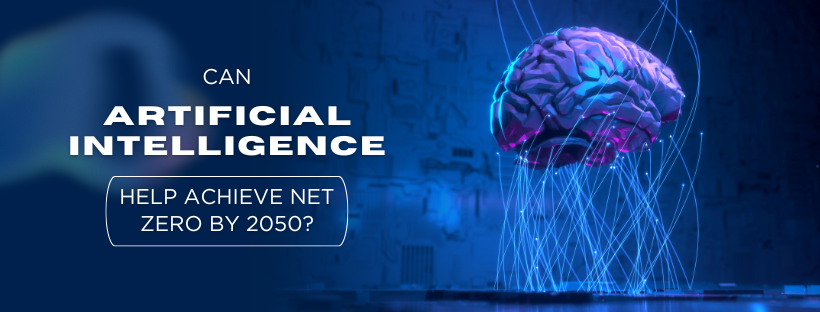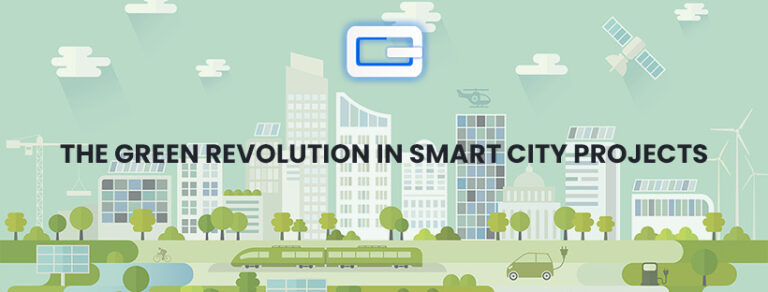The race to achieve net zero carbon emissions by 2050 is one of humanity’s greatest challenges. Governments, industries, and communities worldwide are under pressure to reduce greenhouse gases while still meeting the rising demand for energy, goods, and services. In this mission, artificial intelligence (AI) is emerging as a critical tool that can accelerate progress and provide smarter pathways toward a sustainable future.
Optimizing Energy Systems
One of the biggest barriers to net zero is the reliance on fossil fuels. Transitioning to renewables such as wind, solar, and hydro requires efficient systems that can handle fluctuating supply and demand. Here, AI can play a key role.
Smart algorithms can forecast renewable energy production by analyzing weather patterns, sunlight hours, and wind speeds. This enables grid operators to balance energy loads, reduce waste, and integrate renewable sources more effectively. For example, AI-driven smart grids can predict peak usage times and automatically shift power between renewable and stored energy sources, minimizing reliance on coal or gas.
Reducing Industrial Emissions
Heavy industries like cement, steel, and manufacturing are among the largest carbon emitters. AI helps by identifying inefficiencies and recommending changes to processes. Machine learning models can monitor equipment in real time, predict maintenance needs, and optimize fuel consumption.
For instance, AI-based monitoring systems in factories can detect excess heat or emissions and adjust machinery settings to improve efficiency. By reducing waste and energy use, industries can lower their carbon footprint without compromising productivity.
Greener Transportation
Transportation accounts for nearly a quarter of global emissions. The move toward electric vehicles (EVs) is a major step, but AI adds another layer of innovation. Autonomous driving systems reduce unnecessary acceleration and braking, cutting fuel consumption. AI also supports the development of smart traffic management systems that ease congestion and reduce idle times in cities.
Additionally, logistics companies are using AI to optimize delivery routes, ensuring goods are transported using the least amount of fuel. These incremental improvements, scaled across thousands of vehicles, can make a significant impact.
Building Smart Cities
Urban centers are responsible for the majority of energy consumption worldwide. AI can help design smart cities where buildings, transportation, and utilities are optimized for sustainability. From intelligent lighting that adjusts to occupancy, to predictive maintenance in public infrastructure, AI ensures that resources are used efficiently.
AI-enabled sensors in buildings can manage heating, cooling, and electricity usage based on real-time demand. This not only lowers emissions but also reduces costs for businesses and residents.
Empowering Climate Research
Another powerful application of AI is in climate modeling and research. Traditional climate simulations require massive computing resources, but AI can analyze data more quickly and accurately. This helps scientists predict extreme weather events, track deforestation, and assess the impact of policy changes. With better insights, governments and organizations can make informed decisions to stay on track toward net zero goals.
Challenges Ahead
While AI offers tremendous potential, it is not without challenges. Data centers and computational power themselves consume energy. To make AI a true enabler of net zero, it must also run on green energy sources. Moreover, equitable access to AI technologies is essential so that both developed and developing nations benefit.
Conclusion
Achieving net zero by 2050 will require unprecedented global collaboration, innovation, and accountability. Artificial intelligence is not a silver bullet, but it is a powerful accelerator. By optimizing energy, reducing emissions, greening transportation, and enabling smarter cities, AI can help humanity move closer to its net zero target.
The future is clear: pairing human action with intelligent systems could be the key to a carbon-neutral world.




